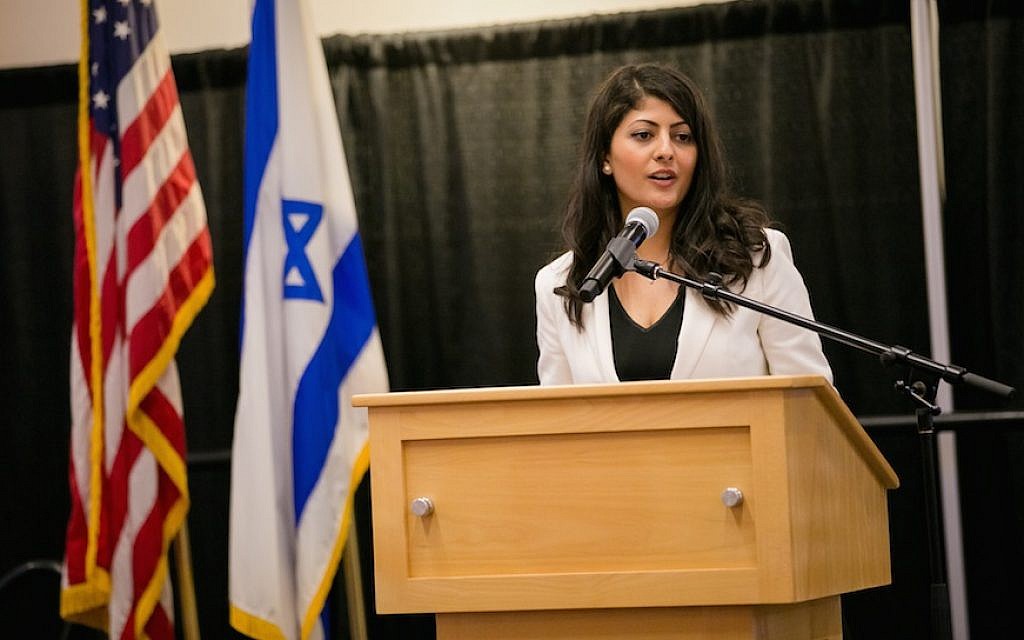Have you ever watched the movie “Kill Bill 2”? If so, do you remember the scene in which Beatrix Kiddo desperately tries to wiggle her toes? Well, that is kind of what I go through… EVERY. SINGLE. MORNING!
I have a chronic illness in my peripheral nervous system, and it has affected my muscles too. Physically speaking, I have some limitations: I can’t move anything below my knees, for example, but my body adapted, and I can still walk on my own ( Yeah, I know… You are probably wondering how I can walk when I am muscularly paralyzed below the knees? Well, welcome to the club).
I face new physical limitations daily, waking up not knowing which muscle will suddenly become really hard to move today – that small moment gets me so frustrated. It feels like I have no control over my body, and losing that control frustrates me. Still, it wasn’t too long till I knew I had to change my mindset and find ways to stop being frustrated by my limitations so I could start living a successful life with my disability. So, here are the 5 lessons I’ve learned the hard way, which have helped me do just that:
1. Put your life into perspective.
I know that sometimes we – amazing people with chronic illnesses and disabilities – tend to crawl into our bubble, feeling sorry for what we have lost. Trust me, I know what it feels like. I had that feeling, day in and day out – for over a year- until I decided to put my life into perspective. I started implementing this positive psychology technique into my life, started to be thankful for the things I have in my life, focusing on the things I can still do, like the ability to listen to great music, the ability to see breathtaking sunsets, to hang out with friends and just be grateful for experiencing the miracle of life.
2. Schedule action for today.
I know that sounds a bit strange, but if you don’t plan and schedule daily actions in order to cope and deal with your situation, it would be as if you are just waiting and hoping that something will miraculously change. Well, you know better than I do that the change must first come from within. Your actions don’t have to be big at all; they could be as simple as waking up, taking a cold morning shower to start the day, eating lunch, going for a walk ( or a swim), or anything else that would help you deal with this adversity. Meet friends, laugh as hard as possible, exercise, meditate, and start accepting the new you. One of the phrases that motivate me on the hard days is remembering Newton’s first law of motion: “An object at rest stays at rest, and an object in motion stays in motion […]”.
3. Find someone who has been where you are and succeeded.
I cannot begin to stress how important it is to have a role model to look up to and see how they managed to rise up to the challenge they were facing. Surround yourself with people who are dealing/ have dealt with a frustrating situation and succeeded in not letting their limitations frustrate them into inaction. When I was younger, I started watching endless motivational videos and working on my mental strength. But then, as I got older, I was exposed and introduced to amazing people dealing with different illnesses or disabilities that were similar to mine, and yet had succeeded and are rocking it now! ( Yes…I am talking about you, Emily Levy). Find someone who has been where you are, who knows what it’s like to be frustrated about something but refused to let it define them, and instead decided to turn that tragedy into triumph. You can learn from them and start implementing what they did to come to terms with their limitations.
4. Have confidence that you will figure this out.
I am not talking about regular confidence, the kind that comes in and says, “Oh, I am confident!”. No, this is the kind of confidence that requires courage. It’s a deep-rooted conviction in your ability to figure it out – to me, that is genuine confidence.
5. Honor your struggle.
I believe that sometimes the struggle is put there for us to get better or stronger. Every hardship I have endured is mine alone. When you face a new challenge, know that you’ve got to come to terms with it – you can’t simply avoid it or ignore it. Each struggle we deal with deserves to be honored and processed, and once we are done with processing it, we need to understand that we have the power to change and influence our attitude towards it. We must forge meaning from our biggest hardships.
I would have had an easier life if I were “normal.” Still, I would not be me, and I like being myself better than the idea of being someone else, someone who I have neither the option of being nor the ability to fully imagine. “Therefore, I take pleasure in infirmities,” St. Paul wrote in Second Corinthians, “for when I am weak, then I am strong.
About the writer:
Lian Ryan-Hume (Najami) is the first Arab-Israeli Rhodes Scholar, an inclusion advocate, and a sought-after international public speaker. Lian is the youngest member serving on two executive boards of Israeli NGOs: Mabat and 50:50 Startups. Mabat promotes intellectual diversity on Israeli campuses and in the Israeli society and 50:50 Startups is a startup incubator creating equal entrepreneurial partnerships between Arab and Jewish co-founders.
Lian has completed her Master of Public Policy (MPP) at the Blavatnik School of Government and an MSc in Comparative Social Policy at the University of Oxford. She also completed a Policy Leaders Fellowship at the European University Institute.

